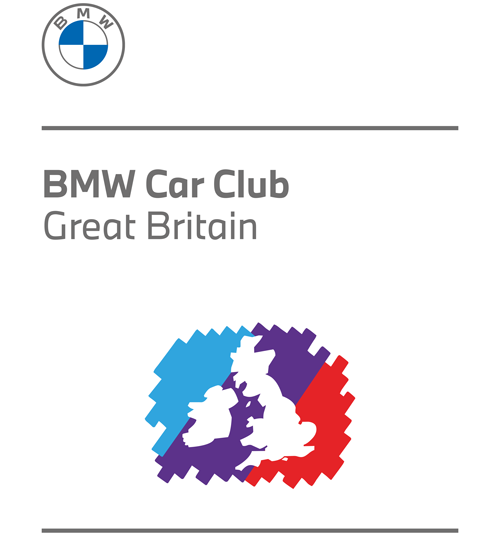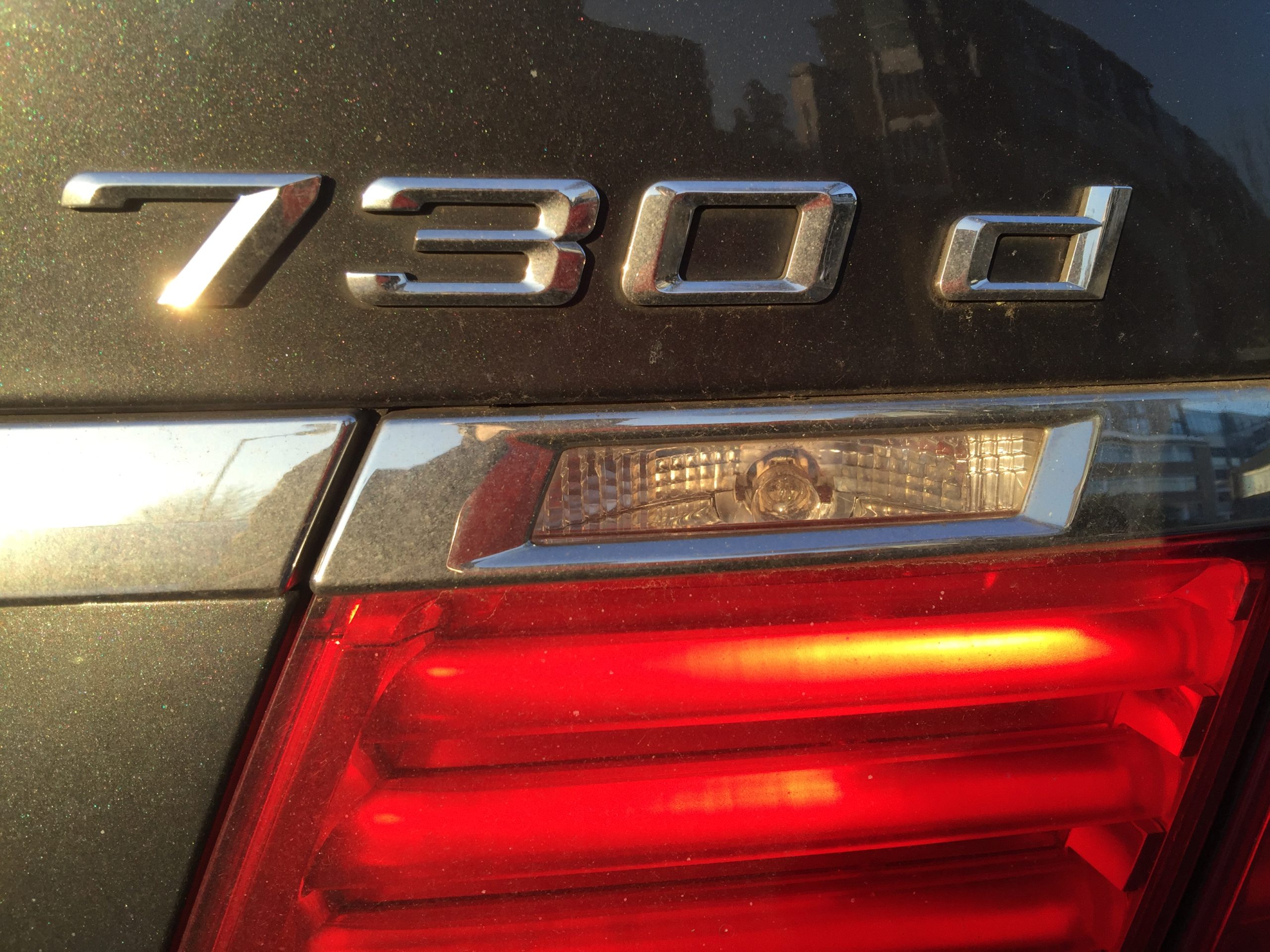Club Member Richard Lofthouse asks what future there is for diesel cars.
I’ll guess we’re all sick to the back teeth with the VW emissions scandal, now spread to Mitsubishi fuel rigging in Japan and naughty loophole exploitation concerning the turning off of cleaning equipment at certain temperatures (Fiat, GM/Opel). But I’m interested here in what will change for us consumers once the last class action suit has been paid off. Whatever happens next, it won’t be ‘business as usual’ on the other side of the scandals. Tesla taking 400,000 deposits on a pure electric vehicle in one weekend is one indication of that. But there’s a more obvious question to ask that affects lots of us: whether we should ever again buy a diesel.
It’s a funny question. Rafting along on a wave of torque but knowing that you haven’t shaken out your wallet at the local Shell garage is a nice combo. I loved my W-plate, E39 530d Touring. Same torque as a V8 but 32 mpg instead of 22 mpg. It came with one blot. It produced soot under load, which I could see in the following headlamps of the car behind, at night. The E39 sailed through its MOT every time, leaving me to wonder if the test was strict enough. An E39 is Euro 3; now we have Euro 6. Whether or not it’s really much better under real world use is the great controversy in our midst. One car maker recently said that the emissions cleaning equipment is now becoming almost as expensive as the engine. That’s quite apart from the diesel ‘premium’ that owners pay, and then the massive bill when the DPF gets blocked or the dual mass flywheel blows apart. It feels as though we’re on the cusp of a great change, perhaps epitomised by a BMW official telling me earlier this year that they just can’t make the i-performance (plug-in hybrid) cars quickly enough (a relief perhaps for the company, given mediocre sales of the i3 and i8).

Anyway, here are a dozen ‘answers’ to the question, should you buy a diesel ever again – and then you can make up your own mind.
- London’s new mayor Sadiq Khan is going to hit drivers with a so-called ‘T-Charge’ (‘Toxicity-charge’) as soon as next year. Far from limiting it to the existing congestion zone, he wants to roll it out to the whole of Greater London inside the north and south circulars. DEFRA has a string of other UK regional cities and urban areas in its sights, all currently in breach of legal limits for nitrous oxides mostly produced by diesel engines. Where London leads, Manchester and Birmingham will follow. No point complaining about the buses and taxis. The regulations will affect private car owners too, probably through differentiated road tax levies that will take into account nitrous oxides and not just CO2.
- There’s a new bill that went before the UK Parliament in late February. Dubbed the ‘Diesel Death’ Bill, Air Quality (Diesel Emissions in Urban Centres), it calls for a ban on any pre-Euro 5 diesel in all UK city centres. The bill begins: “The invisible hand of diesel fumes is prematurely killing some 1,000 people per week in the UK.” At the end, in a nod to drivers who bought diesels in good faith, the MP behind the bill, Geraint Davies of Swansea, says that Parliament must send strong signals to drivers for the future.
- Last year was probably ‘peak diesel’ in Europe. Skoda recently told me at a press event that their balance of UK sales has tipped back to petrol. In 2014 it was 51% diesel, 49% petrol; last year it was 49% diesel, 51% petrol. Carlos Ghosn, the head of the Renault-Nissan Alliance, reckons that diesel’s market share in Europe will dwindle by a third by 2020. If he’s right, the overall supply/demand situation will negatively affect the residual value of diesels bought now.
- For the large car class – SUVs, Five and Seven Series – hybridisation is the only way to bring emissions down to stricter levels that will begin next year (Brussels’ real world driving test). Suppliers like Bosch are keen to mate electricity to diesel, but all indications now suggest that the world will head towards the Mitsubishi Outlander PHEV (Plug-In-Hybrid) example, which like most things Japanese, is petrol powered. If you hadn’t noticed yet, Outlander PHEVs have stormed London and single-handedly transformed Mitsubishi UK from a curio into a market leader in the space of roughly a year. Hence no surprise that the BMW ‘e’ models are going like a storm.
- If diesel cars never caught on in Japan, they’re all but dead in the US, except in the light truck/trucking sector. Ditto in China. With the exception of India and select markets where diesel has made surprising inroads (23% in South Korea), it remains the exception. Try to keep that in mind. Europe/the UK is weird in a global context. Our car market is roughly 50% diesel. In America it’s 2%.
- I have read one journalist writing in a national newspaper that the BMW M550d – the diesel M5 that never came to the UK – is a future classic. But then it turned out that the article was a promotional feature sponsored by Shell V-Power Nitro + Diesel. In other words, re-phrasing it as a question: will there ever be a market in classic diesels? At the time of writing, Munich Legends had no diesels for sale. There’s a reason for that: they become sootier as they age, and frankly less cherished. Ask Dan Norris, he’ll tell you.
- One really significant recent development is the re-branding of the air quality ‘crisis’ as a ‘health crisis’ rather than a ‘transport problem’. 40,000 people a year in the UK are dying prematurely from health problems caused by invisible particulate matter mostly from diesel (PM 2.5: 100 x thinner than a human hair) and by various nitrous oxides, which are again produced in far greater quantities by diesel than by petrol engines. The 40,000 number, incidentally, has just gone ‘up’ from a previous estimate of 29,000, in a report published in late February by the Royal College of Physicians. It was focused entirely on the UK, by UK authors, so not busybodies from Brussels or the UN.
- Turns out Euro 6 is a bit of a con. Once again the VW Scandal has educated everyone on something that was already pretty obvious (at least if you cycled around a big city), that even the cleanest diesels emit puffs of black smoke. Don’t even get me started on the older diesels and black cabs. Black cabs form 0.5% of the London fleet but produce 20% of the emissions. Hilton Holloway at AUTOCAR was bang on when he said that swapping each and every one for a petrol Range Rover would be a big step towards better air quality.
- The London Borough of Islington already levies an extra parking permit charge on diesels, to discourage them. Hackney will add a similar £50 extra charge from September this year.
- The Heathrow third runway saga has brought air quality right to the boiling top of the agenda. It’s a simply matter of legalities, not preference. ClientEarth, a campaigning group, is suing the government for not doing enough to address Euro air quality mandates, while London is being fined millions by Brussels for constantly breaking those limits. Authorities in Paris are trying to banish all diesels from the city by 2020, including commercial.
- Delhi recently banned the purchase of diesels larger than 2 litres, as a gesture against wealthy X5 owners and their like. Yes, Delhi.
- Just eight days into 2016, London’s Putney had already breached its annual legal limits of nitrous oxides (NO2) emissions. By the way, Putney is immediately adjacent to lots of greenery and the River Thames, and estate agents describe it as ‘leafy’.

In some respects Straight Six readers might be considered the winners in all this, to the extent that we may own large displacement petrol engine BMWs. While crude oil remains cheap, we’ve got reasonably priced fuel for the time being and the added satisfaction of knowing that we are relatively ‘clean’, at least in the American sense, which of course totally ignores the climate change, CO2 side of the argument that diesel may have partly addressed, but at the expense of air quality at the point of use.
In my own ownership experience, I swapped out my E39 in late 2013 for a comparatively rare, W-plate (2000), 328i Touring manual, one owner from new and full main dealer service history. It lacks torque compared to the E39 but I can’t go back now, and actually I don’t want to go back. Petrol offers a delicate drama and aural quality that you just can’t get from diesel.
As for the VW scandal, the question I’ve got for 2016 is: what will happen to the 100,000+ American cars that are too expensive to fix, that VW will probably be forced to ‘buy back’ from American owners? Theoretically, they could be re-exported to Europe and legally sold within the existing emissions legislation. Such a move will be politically explosive in Europe. But the fact that VW would be acting legally may embarrass Brussels further into grappling with why it has such low emissions standards in the first place compared to America and Japan. This is another way of saying that, in the big scheme of things and whatever you think about climate change, dieselising the whole of Europe was a massive mistake. Worse than that, ‘it is a public health disaster.’ Now we face de-dieselising. From ‘i’ to ‘d’ to ‘e’, and hopefully back to ‘i’ for some of us. Now, do you really want to lease that 118d?
The author is a freelance automotive journalist and, since 2000, a BMW Car Club member.


You must be logged in to post a comment.